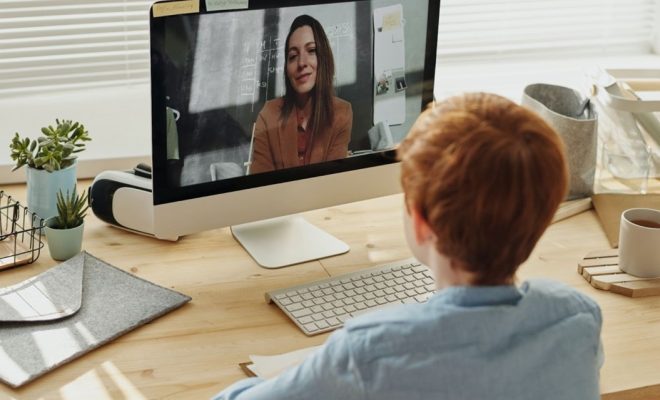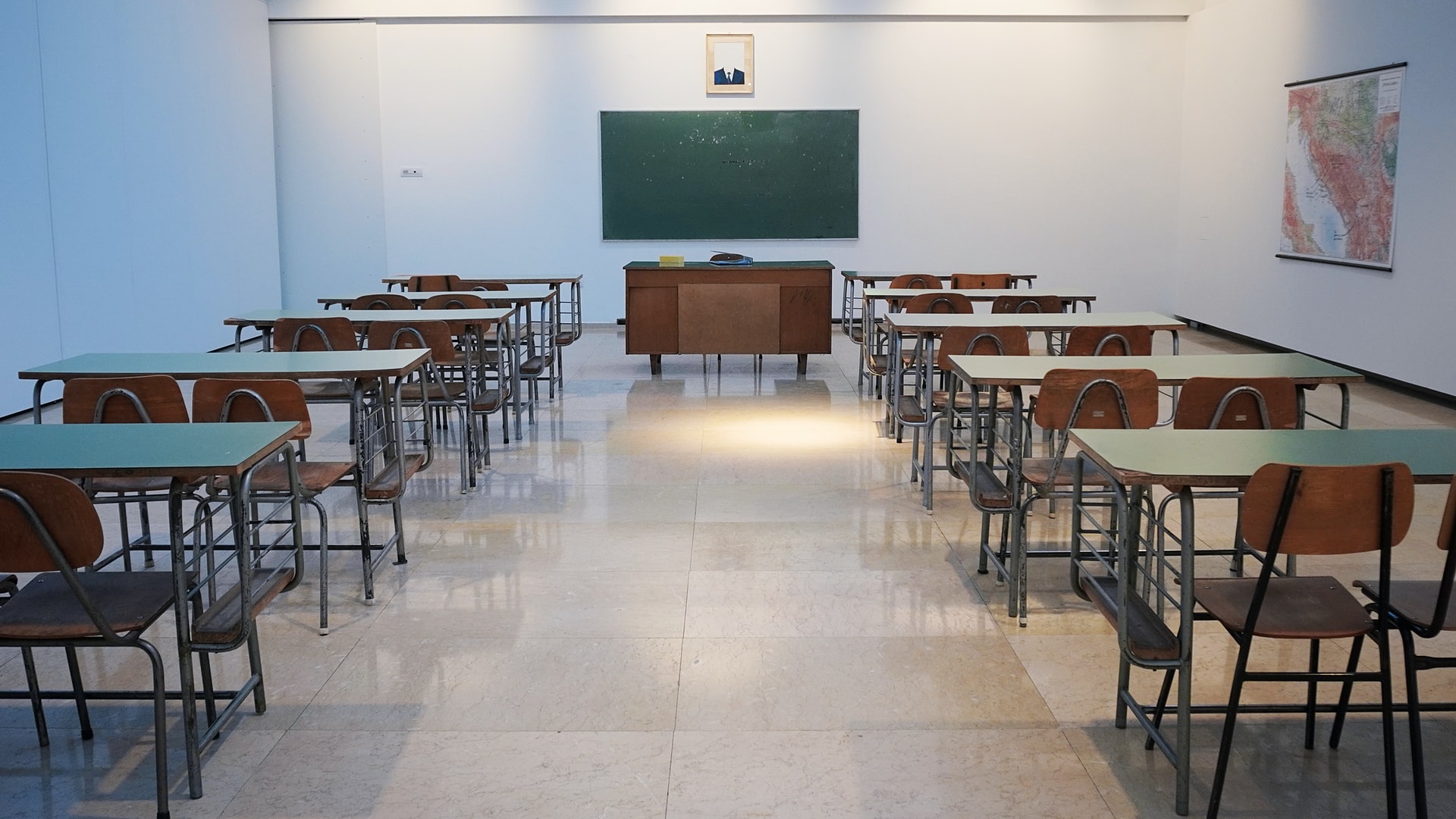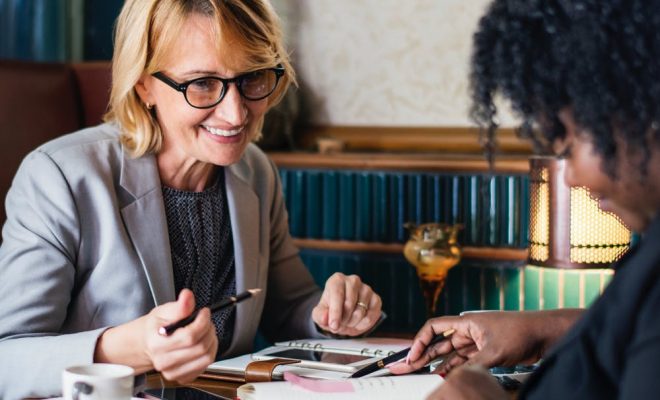What are COPPA and CIPA?

COPPA and CIPA are two American laws that protect children from being exposed to mature materials and information online, and it also protects the privacy of their personal information online. Read on to find out more.
COPPA
The Children’s Online Privacy Protection Act (COPPA) has been a law in the United States since 1998. The law intends to protect children’s privacy and personal info; thus, it requires the publishers of websites that collect user information to have parental consent for those under 13 years of age. This law has motivated social media companies to restrict children from accessing their platforms. Of course, it is very difficult to enforce age restrictions. Still, the terms of service and privacy statements of companies that maintain web platforms, especially those that facilitate interaction among users, reflect the law’s requirements.
Because of COPPA, most schools, especially those enrolling students younger than 13, have procedures for identifying the online platforms teachers can use. A teacher may find that they are not allowed to have students logging on to and using an interesting new tool until the terms of service have been reviewed. Education leaders conclude it is ok to allow access, and the publishers of the site align with local policy and procedure.
CIPA
In 2000, the United States federal government passed the Children’s Internet Protection Act (CIPA), which is intended to protect children from indecent information on the Internet and prevent personal information about students from being available online. Specifically, CIPA requires schools that receive e-rate funds to install and maintain filters to restrict access to inappropriate content. It requires steps to protect youngsters using email, chat, and similar tools. CIPA does allow the filter to be disabled when only adults are using the network, but that is rarely done as children are hardly ever absent from school when adults are there.
School IT professionals can be expected to participate in planning to ensure the school complies with CIPA. They will review policy and procedures to ensure Internet filters are configured and operational, email and chat are available only to those users for whom it is permitted under the local policy, to manage firewalls, and to protect otherwise children who are using the school’s IT systems. The planning takes on special importance when systems are being updated, or older devices are being replaced. In addition, IT professionals are expected to monitor whether systems installed to comply with CIPA are functioning and define steps to take if they fail.




